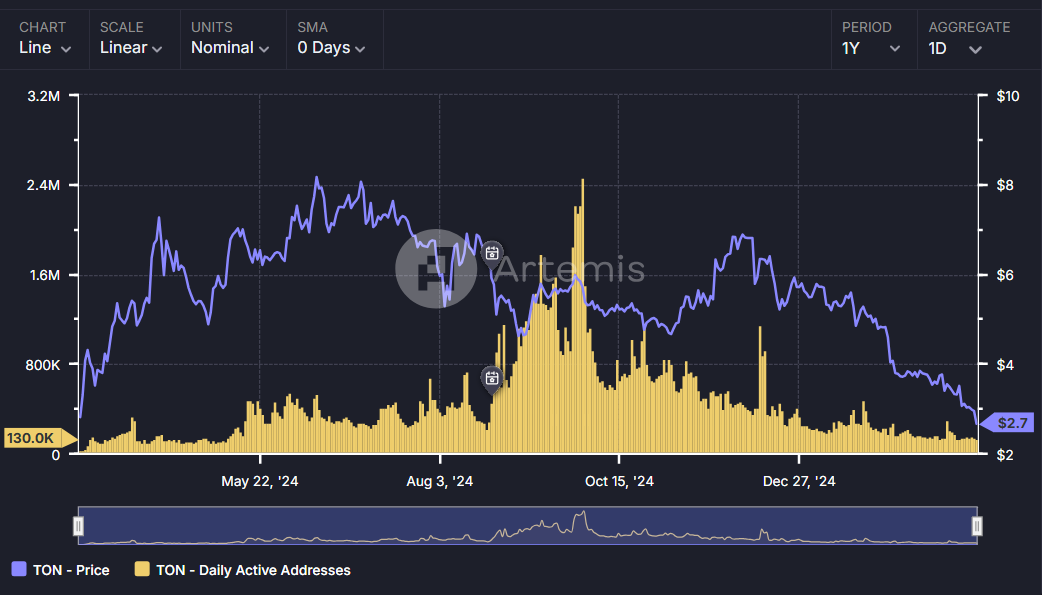Buckle up, tech enthusiasts! This week promises to be a pivotal one for the world of technology, with all eyes glued to Nvidia’s (NVDA) highly anticipated earnings report scheduled for August 28th. Analysts are predicting a record-breaking performance for the AI chip leader, with some even calling it “the most important week for the stock market this year and potentially in years” according to Wedbush Securities.
This excitement extends beyond traditional investors, with the crypto market also showing a curious case of synchronized anticipation. AI-powered crypto assets have witnessed a significant surge over the past week, seemingly mirroring the bullish sentiment surrounding Nvidia.
AI Tokens Soar In Anticipation
Leading the charge in the crypto space are AI-focused tokens like Bittsensor, Render (RENDER), and Artificial Superintelligence Alliance (ASIA). These tokens have significantly outperformed the broader crypto market over the past seven days.
ASIA, a consortium powerhouse formed by Fetch.ai, SingularityNET, and Ocean Protocol, has skyrocketed 61% to reach a new high of $1.31 on August 26th (CoinGecko data). The surge isn’t isolated; Render, the utility token powering the decentralized GPU rendering platform Render Network, experienced a 40% price increase to $6.25 during the same period. Even Bittsensor, which utilizes blockchain to create an AI marketplace, witnessed a 7% gain, reaching $343.
Nvidia – The Backbone of the AI Revolution
Investment firm Wedbush Securities believes Nvidia is the driving force behind this synchronicity. In a recent interview with Fortune, analyst Dan Ives dubbed Nvidia “the foundation for the AI Revolution” and CEO Jensen Huang “the Godfather of AI.” Ives is confident Nvidia’s upcoming earnings will be another “masterpiece” for Huang, fueled by soaring demand for the company’s AI chips.
However, a potential cloud hangs over this optimistic outlook. A recent report by The Information suggests delays in Nvidia’s next-generation AI chip, the B200, due to a design flaw. This could push back mass production until the first quarter of 2025, potentially impacting major customers like Microsoft, Google, and Meta.
Also Read: Inflation Concerns Drive BOJ To Raise Rates For Yth Time
Investors will be closely monitoring the earnings report for:
- Updates on the B200 chip production timeline and its impact on customers.
- Confirmation or denial of the reported design flaw.
- Any revisions to revenue forecasts due to potential chip delays.
With record-breaking expectations and a potential roadblock looming, Nvidia’s earnings report promises to be a thrilling event for investors, AI enthusiasts, and the crypto market alike. Will Nvidia smash through profit records, or will the B200 delay cast a shadow on the “AI Revolution?” Only time will tell.







